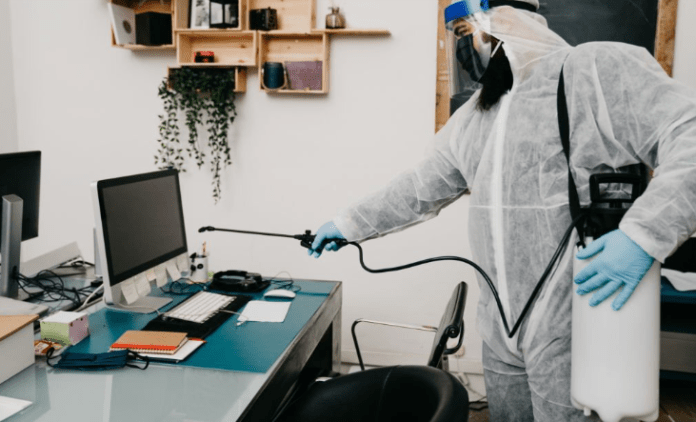As a pet owner, ensuring the safety and well-being of your furry friends is of utmost importance. One critical aspect of responsible pet ownership is pest control. Pests such as fleas, ticks, and mosquitoes not only make your pets uncomfortable but also pose serious health risks. In this blog, Pest Control Cranbourne will explore essential strategies for pet owners to keep their beloved companions safe and pest-free.
The Dangers of Pests to Pets
1. Fleas and Ticks
Fleas and ticks are common parasites that can latch onto your pets and feed on their blood. Besides causing itching and discomfort, these pests can transmit diseases such as Lyme disease and tapeworms.
2. Mosquitoes
Mosquitoes are carriers of heartworm larvae, which can be transmitted to pets through bites. Heartworms can be fatal if left untreated, making mosquito prevention crucial for pets.
3. Flies and Mites
Flies can lay eggs on pets, leading to maggot infestations. Mites can cause skin irritation and other health problems, particularly in younger or immunocompromised animals.
Pet-Friendly Pest Prevention
1. Regular Grooming
Regular grooming is vital for pet hygiene and helps in detecting pests early. Use a flea comb to check for fleas and ticks while brushing your pet’s coat.
2. Clean Living Spaces
A clean living environment is essential in preventing pest infestations. Vacuum carpets and wash pet bedding frequently to remove any flea eggs or larvae.
3. Pet-Safe Cleaning Products
When cleaning your home, use pet-safe cleaning products to avoid exposing your furry friends to harmful chemicals.
4. Preventive Medications
Consult with your veterinarian and invest in effective preventive medications for fleas, ticks, and heartworms. These medications can provide long-lasting protection for your pets.
Natural Pest Control Methods
1. Diatomaceous Earth (DE)
Diatomaceous earth is a safe and natural powder that can help control fleas and other crawling insects. Sprinkle it on pet bedding and carpets, but ensure your pet doesn’t inhale the dust.
2. Herbal Repellents
Certain herbs like neem, rosemary, and lemongrass have natural insect-repelling properties. Use them to make herbal sprays that can be applied to your pet’s coat.
3. Cedar Chips
Cedar chips or shavings can act as natural repellents for fleas and ticks. Place them in your pet’s bedding or areas where they spend time.
Consultation with Veterinarians
1. Regular Check-ups
Schedule regular veterinary check-ups for your pets. Vets can detect early signs of pest-related issues and provide appropriate treatments.
2. Vaccinations
Ensure your pets are up-to-date with vaccinations to protect them from diseases spread by pests.
3. Allergy Testing
If your pet exhibits signs of allergies, consider getting allergy testing done. Allergies can be caused by pests, and identifying the allergen helps in proper management.
Conclusion
As a pet owner, safeguarding your furry companions from pests is a fundamental responsibility. By being proactive in pest prevention and using pet-friendly pest control methods, you can create a safe and comfortable environment for your pets. Regular consultations with veterinarians and timely treatments ensure that your pets stay healthy and pest-free throughout their lives.
FAQs
- Can I use essential oils on my pets to repel pests? Not all essential oils are safe for pets. Some can be toxic. Consult with your veterinarian before using any essential oils on your pets.
- Are there natural alternatives to chemical flea and tick preventives? Yes, there are natural alternatives like herbal sprays and diatomaceous earth that can be effective in controlling pests.
- Is heartworm preventable in pets? Yes, heartworm is preventable through the use of preventive medications prescribed by your veterinarian.
- What should I do if my pet already has a flea infestation? Contact your veterinarian immediately for guidance on how to treat the infestation and prevent further spreading.
- Are pest-related allergies treatable in pets? Yes, with proper diagnosis and management, pest-related allergies in pets can be treated effectively.





